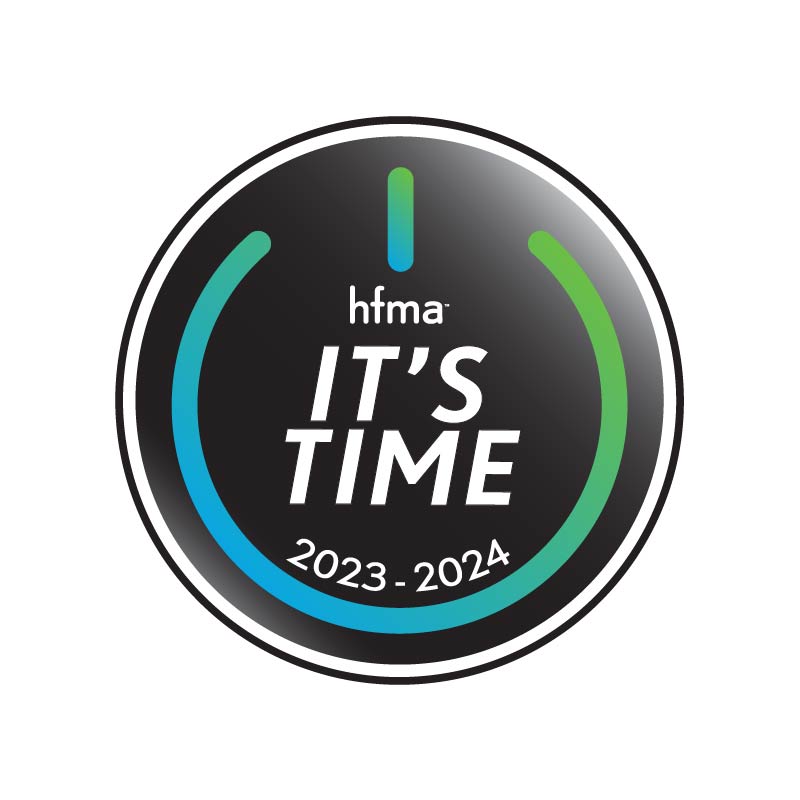Dennis Dahlen: It’s time to stop dragging our feet on generative AI
Generative artificial intelligence (AI) is a tool that a recent study found is “nearly as good as recent med school graduates” at making clinical decisions, and it’s having a breakout year across industries, a McKinsey analysis shows.1 Yet few healthcare leaders have a strategy for solutions like ChatGPT — and it’s past time to develop a thoughtful plan of action.
Without a vision for application, the transformative power of generative AI could quickly become lost. It’s an area where even small actions could make a positive impact — and one that would benefit from healthcare financial leadership.
The McKinsey survey found one out of three business leaders globally say their organization uses generative AI for at least one business function, despite the fact that we’re still in the early days of applying this tool. And it’s not just smart minds with capital behind them who are pressing forward. Among first-mover health systems, efforts range from the ability to identify gaps in care to helping physicians understand patients’ risk profiles.
But while determining the right use cases for generative AI is critical, perfect shouldn’t be the enemy of good. There are small steps that health systems can take — and healthcare finance professionals can lead — to make a difference. Following are some suggestions on how to spot low-risk use cases for leveraging generative AI — and drive quick wins — while shaping long-term strategy.
Look for ways to increase convenience for patients and employees. Healthcare disruptors succeed by making the healthcare experience easier, faster, more personal and more convenient for everyone. Generative AI presents an opportunity to consider how tasks like scheduling — whether for patient appointments or clinician work shifts — and referrals can be automated for increased ease and efficiency.
Consider how generative AI could transform the patient financial experience. Already, experts in patient financial engagement are exploring ways ChatGPT could empower healthcare finance teams to deliver personalized patient financial education. It could even support price transparency and payment option exploration.
Focus on eliminating waste. Administrative tasks constitute 30% to 50% of healthcare spending, and half of administrative spending could be considered wasteful, a Health Affairs analysis revealed.2 Consider which aspects of healthcare billing contribute to administrative overload, like prior authorization or bill notification — and how a generative AI-powered process could help.

By being biased toward action on generative AI, healthcare finance professionals can lead their organizations toward a smarter approach to service and support.





